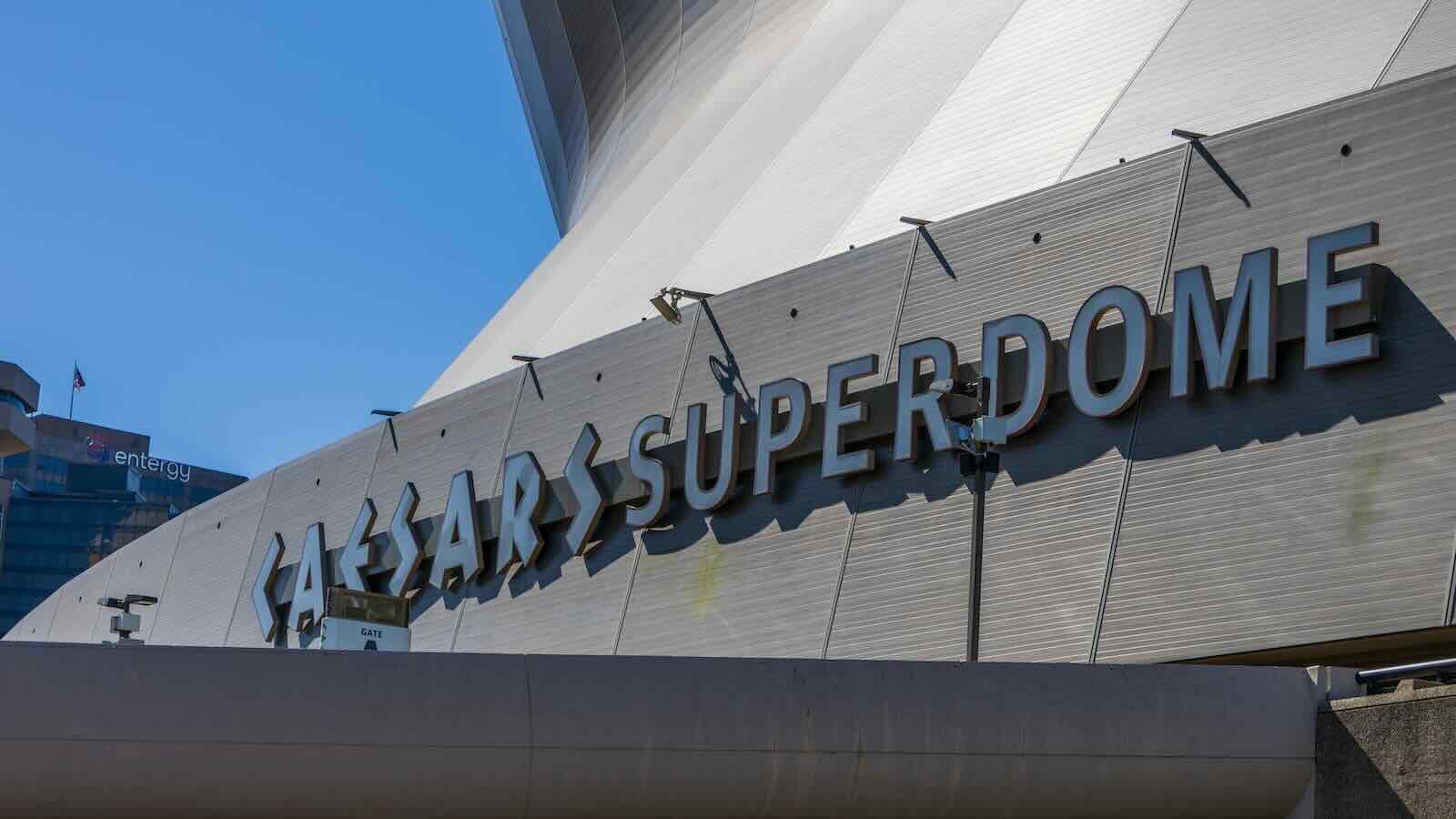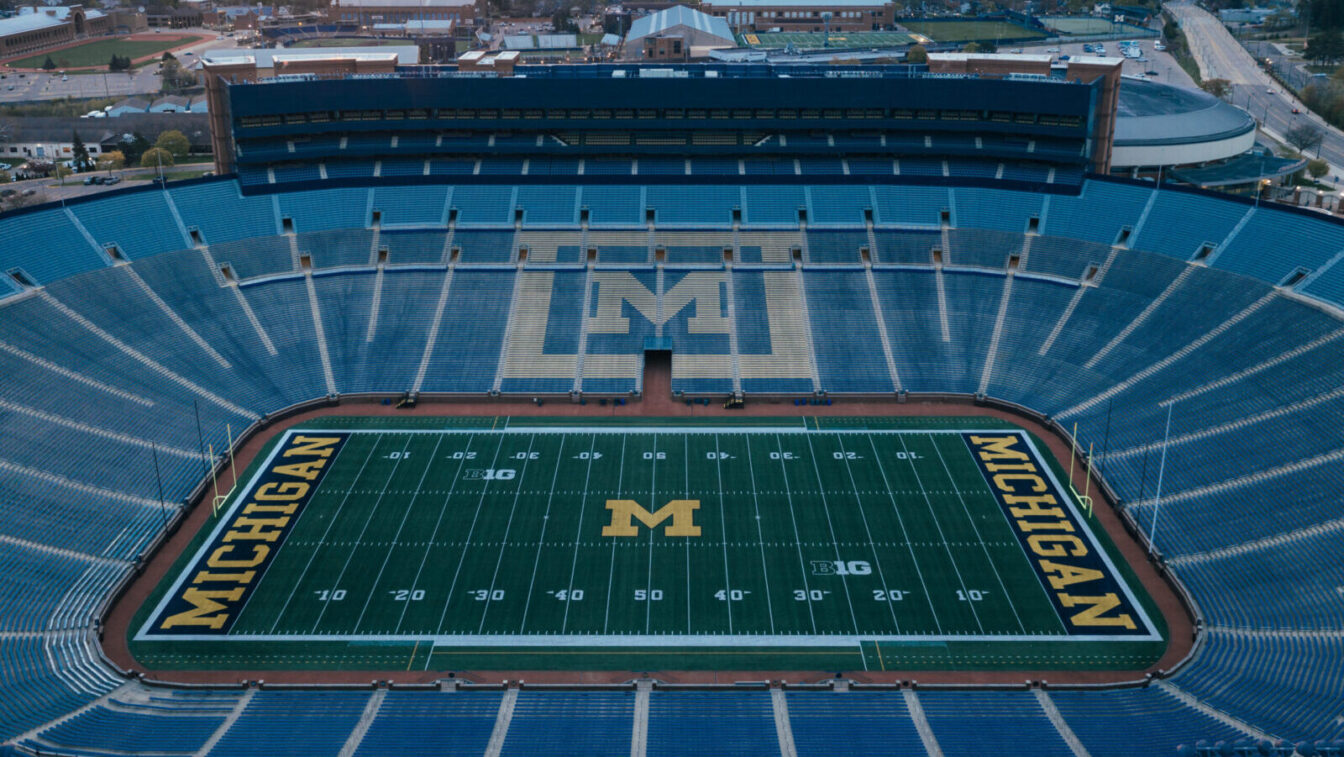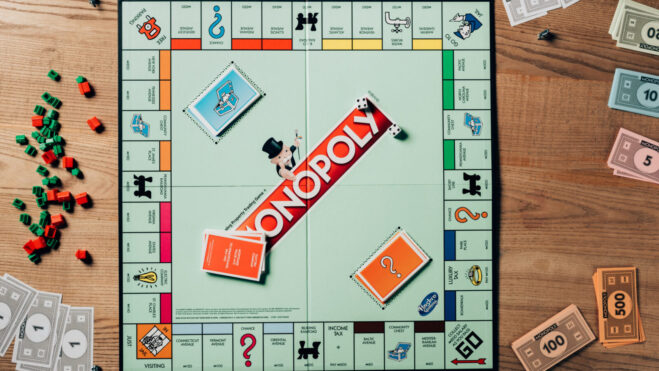NCLGS iGaming Model Legislation Seeks To Mitigate Fears Over Online Shift, But Some Casinos Are Not Satisfied
The model legislation proposes a licensing structure that largely benefits retail casinos
4 min

NEW ORLEANS — While more than two-thirds of states nationwide offer regulated sports betting in some form, efforts to legalize online casino gambling have proceeded at a snail’s pace in recent months.
As of Dec. 1, only seven U.S. states are live with regulated iGaming or online casino regimes. The calendar year will end without legalization from a single state in 2024. The impasse has provided the industry’s foremost minds with ample time to propose a comprehensive framework for new states to consider when weighing whether to bring internet gaming operations to their respective jurisdictions. Ahead of this week’s National Council of Legislators From Gaming States (NCLGS) 2024 Winter Meeting in New Orleans, a multi-state committee issued a draft of the so-called Modern Internet Gaming Act for public comment.
Formulated over several NCLGS meetings during the last 15 months, the authors established the act with several fundamental principles in mind. Before publication, the committee worked assiduously to ensure that guiding principles on licensing requirements, taxation, responsible gambling, anti-money laundering protocols, technology standards, and deposit limits were covered in the draft.
“The whole goal is to put together this regulatory framework for lawmakers to take going forward in 2025 and beyond,” said Shawn Fluharty, a West Virginia state delegate and president of NCLGS.
Coexistence with brick-and-mortar casinos
Under the act, NCLGS would establish a non-binding Gaming Regulatory Authority tasked with maintaining and administering the “regulatory systems for the licensing, supervision, and oversight,” of internet gambling in a suitable fashion. Within its powers, the authority should be granted “financial and administrative independence in conducting its affairs, the draft states.” For states that already have a gaming regulatory agency, the duties should be handed to the state agency, the authors explain.
Before the conference, on Tuesday, a joint Louisiana senate judiciary revenue and fiscal committee convened a hearing on the future implications of regulated iGaming across the state. Representatives from numerous casinos, including Caesars Entertainment and Boyd Gaming, lent support to the legalization of online casino gaming in Louisiana. The efforts, however, received pushback from Cordish Companies, a regional casino operator based in Maryland that has opposed the legalization of digital gambling throughout the nation.
Though the prospect of playing blackjack on a phone may be convenient for someone idling in a parking lot or a waiting room, not everyone is thrilled by the idea. An overarching concern across the industry is that revenue opportunities inside a physical casino will be “cannibalized” by the transition to digital. From the outset, the model framework addresses the conundrum. It is in the state’s interest that the implementation of iGaming complements, not impairs, the licensed casino and racino facilities that may exist in a particular state, according to the draft.
Some critics of this notion of cannibalization, including Fluharty, characterize the dynamics as a shift in demand by consumers, modern life in 2024, not as one channel siphoning revenue and players from another.
It can be argued that the model legislation proposes a licensing structure that largely benefits retail casinos, perhaps to placate opponents such as Cordish. The framework advises states to tether the licensure of digital iGaming to companies with a brick-and-mortar presence in that jurisdiction. From there, those casinos will have the ability to sublicense online casino gaming to a separate party through a skin agreement. The structure enables the casino to receive financial remuneration through a revenue sharing partnership.
The efforts do not go far enough to deter the threat of cannibalization, some contend. Mark Stewart, general counsel at Cordish, told the committee that the social costs of iGaming are “very real and severe,” while adding that legalization will create an “economic ripple effect.” Stewart pointed to the lost revenue from casino bars and restaurants in states that have added iGaming to buttress his argument. Earlier this year, Cordish labeled iGaming a “job killer” during a hearing on the subject in Maryland.
Other provisions
In an effort to mitigate the risks of compulsive gambling, the draft includes a recommendation that limits total deposits by an individual over a period of 24 hours. According to the draft, total deposits by an individual over that period should be limited to a cap of $20,000.
At the same hearing this week, Light & Wonder executive Howard Glaser denounced policies from illegal websites that allow customers to fund accounts with credit cards. The model legislation from NCLGS prohibits iGaming operators from partnering with credit card providers for account funding. Glaser serves as global head of government affairs and legislative counsel at Light & Wonder.
Glaser urged the committee to crack down on the “tidal wave” of illegal online casino activity that he believes is inundating the state.
Other highlights from the draft:
– The model legislation proposes an average tax rate in the range between 15% and 25% for iGaming GGR. Discounting Pennsylvania, which imposes the highest rate in the nation on iCasino gross-gaming revenue, the average tax rate nationwide is 19%, NCLGS notes.
– The framework includes a proposed Player Health Program aimed at increasing public awareness of problem gambling, promoting responsible gaming, and providing services for problem gambling prevention, treatment and recovery services. Funding mechanisms for problem gambling prevention range from appropriations to the fund by a state legislature to statutory mandates on the percentage of gaming taxes used to treat the public health issues.
– The model prohibits predatory practices from operators that encourage users to engage in atypical betting patterns such as loss chasing. The provision also recommends enhanced regulations that dissuade users from bypassing normal casino play for bonus collection. The section adopts language from regulations in the U.K., Fluharty told the committee.
In terms of age verification, Fluharty discussed the litany of high-tech software at the disposal of operators for monitoring and enforcement. On the sports betting side, some operators require new customers to load a valid ID before opening an account. Others have turned to advances such as fingerprint verification for additional layers of protection.
“There’s so many steps to protect the consumer that it almost gets annoying,” he noted.
If a state such as Louisiana decides to adopt legislation on iGaming, certain protections that do not exist now will be put in place, Fluharty explained. A state legislature also has the option of establishing direct line items for enhanced consumer protections, he added.
The open comment period runs through Dec. 31. By then, NCLGS plans to fine tune the legislation and disseminate it with various state legislators.
“At NCLGS we like to take on issues that are front and center, I don’t know that there’s a bigger issue than the iGaming industry and the potential that it holds,” Fluharty said. “We want to make sure that states are moving forward in a manner that due diligence is involved.”






